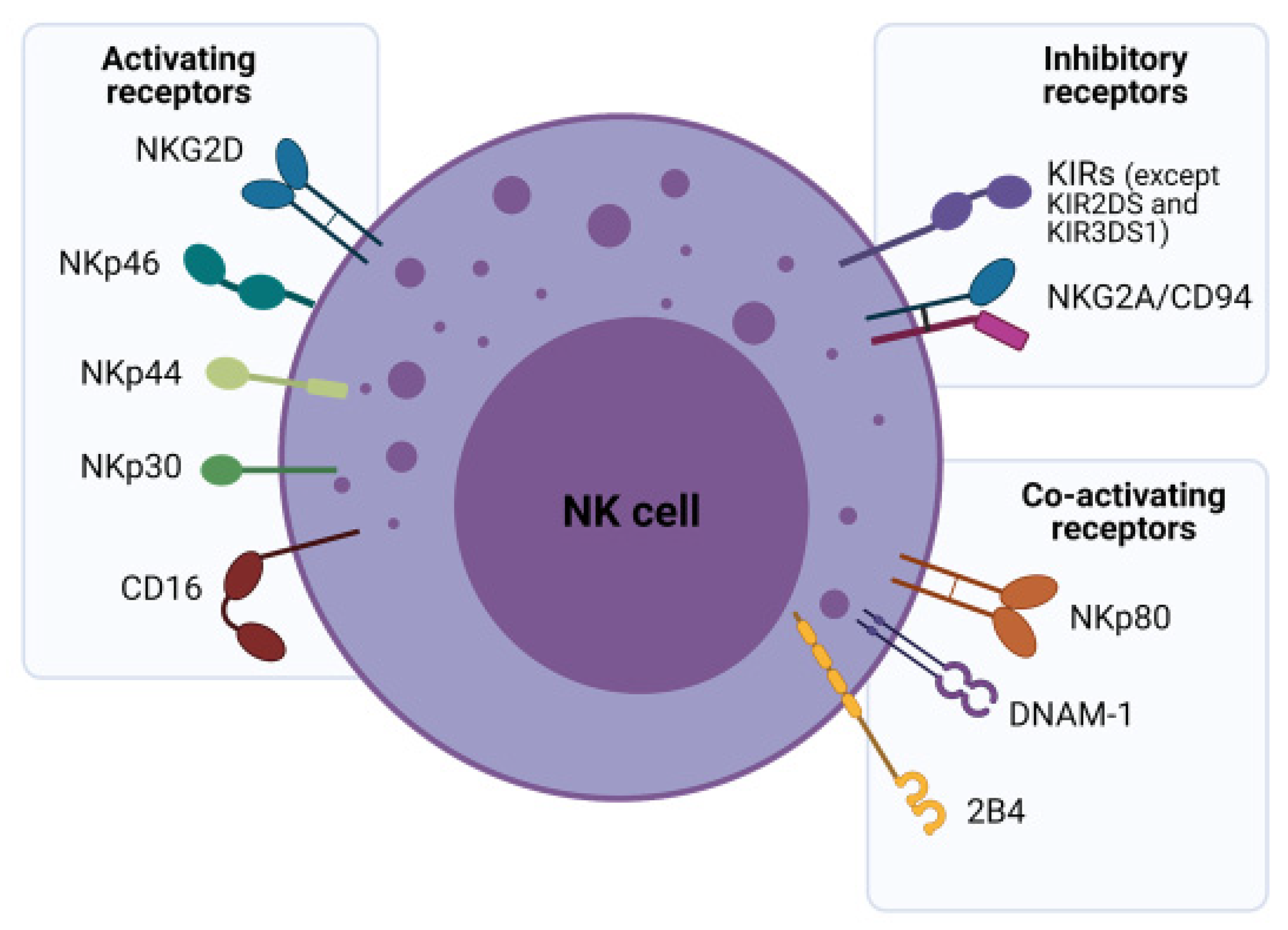A New Hope for Lung Cancer: Supercharged NK Cells

Lung cancer remains one of the most aggressive and deadly forms of cancer, with limited success from current treatments like surgery, chemotherapy, radiation, and targeted drugs. Despite advances, survival rates are still low, especially for advanced cases. Researchers are actively exploring new approaches, and one recent study introduces a promising new therapy using engineered immune cells.
Introducing the Fighters: CAR-NK Cells
You may have heard of CAR-T cell therapy, which has revolutionized treatment for some blood cancers. But it comes with challenges—it's expensive, personalized, and can cause severe side effects. Scientists are now turning to a similar strategy using a different type of immune cell: natural killer (NK) cells.
In this study, researchers enhanced NK cells with a cancer-fighting receptor called NKG2D and a powerful immune-boosting protein called IL-21. The result: NKG2D-IL-21 CAR-NK cells, designed specifically to target and destroy lung cancer cells more effectively.
What the Study Did
Researchers used a laboratory-grown NK cell line called NK-92. They genetically engineered it to:
-
Recognize tumor markers using the NKG2D receptor.
-
Secrete IL-21 to enhance immune cell performance.
They tested these engineered cells in both lab dishes (in vitro) and live mouse models (in vivo) to see how well they could kill lung cancer cells and shrink tumors.
Key Findings
-
Improved Cancer Cell Killing
The engineered cells were much more effective at killing lung cancer cells, especially those with high levels of NKG2D ligands (molecular markers found on many tumor cells). -
Stronger Immune Activity
These cells released higher levels of IFN-γ, a key molecule that boosts immune responses, and showed increased activity in killing targets. -
Better Growth and Survival of NK Cells
The IL-21 component helped the cells multiply faster and survive longer. It also reduced markers of exhaustion and cell death, both of which limit the effectiveness of immune therapies. -
Tumor Shrinkage in Mice
When tested in mouse models, tumors treated with the IL-21-enhanced NK cells were significantly smaller. Blood samples from these mice showed higher immune activation. -
How It Works: The AKT Pathway
IL-21 enhanced the immune activity of these cells by activating the AKT signaling pathway, which is known to support cell growth and function.
This research suggests a safer, more efficient alternative to CAR-T therapy, particularly for solid tumors like lung cancer, which are harder to treat. These engineered NK cells could be manufactured in advance and stored, making them more accessible and less costly than personalized T cell therapies!
Want to learn more? Check this out!: https://bmccancer.biomedcentral.com/articles/10.1186/s12885-023-11806-1

